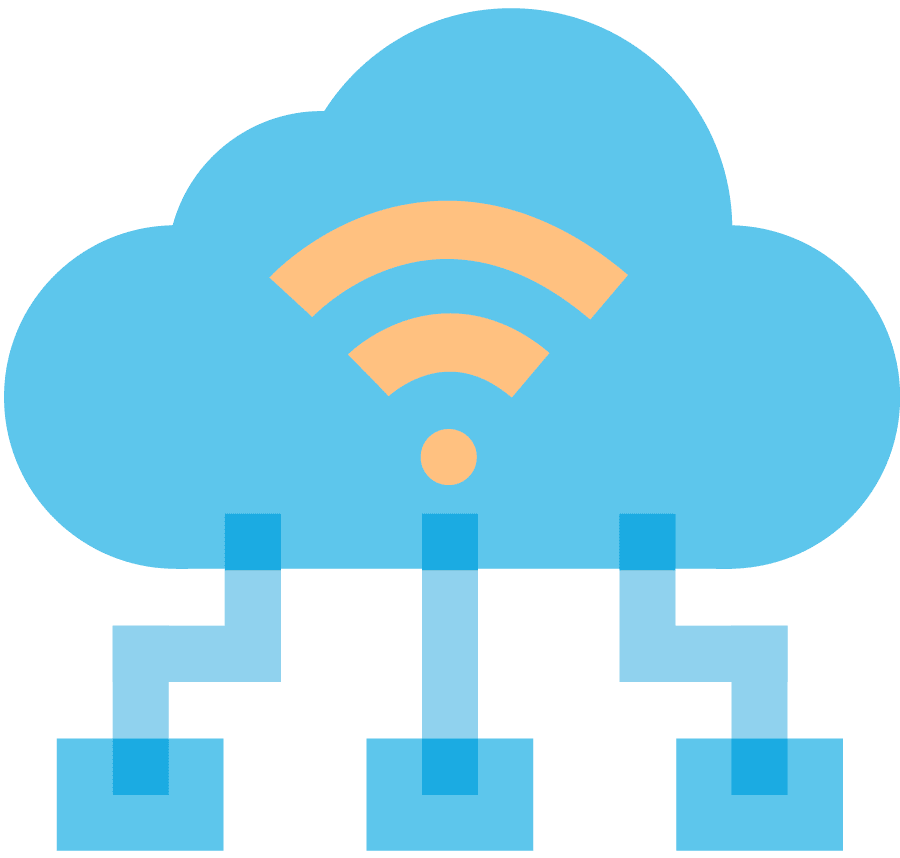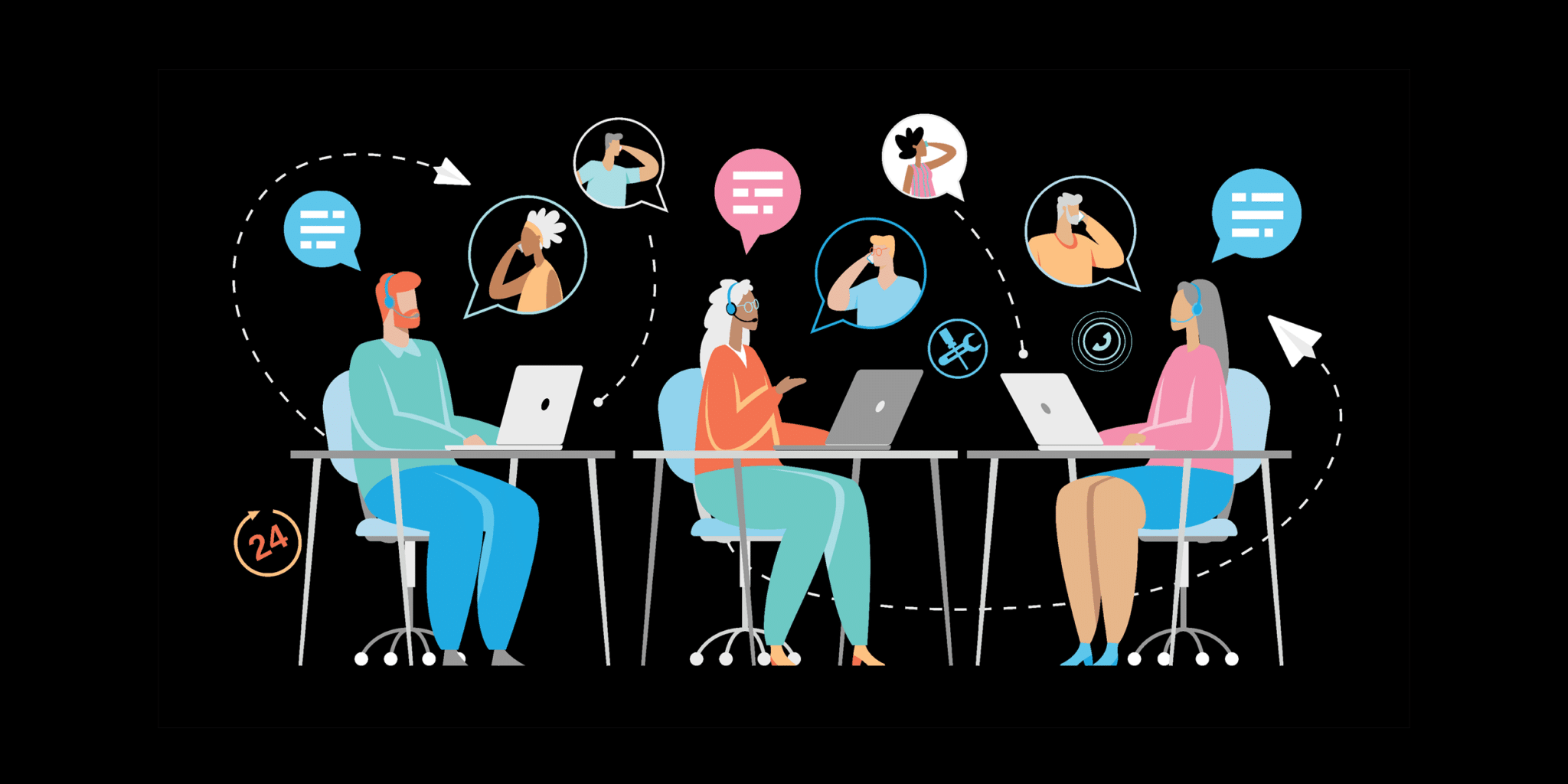In today’s fast-paced business world, deciding between app development and software development can be a critical choice. Both options have their advantages, but understanding the differences and key factors involved is crucial for making an informed decision. In this article, we will explore the nuances of each option and guide you towards choosing the best fit for your business needs.
Understanding App Development vs Software Development
While app development and software development are often used interchangeably, they refer to distinct concepts. App development involves creating applications that run on mobile devices such as smartphones and tablets. On the other hand, software development focuses on creating programs that run on computers.
Apps prioritize user experience, while software prioritizes functionality. Although both share programming concepts and languages like CSS in common, there are significant differences between them. The main distinction lies in their end goals: apps prioritize user experience, while software emphasizes functionality.
In general, if your business requires a specialized program for processes or data analysis needs, then software development may be the better choice. However, if you need to provide access to information or services via mobile phones, then app development is likely more suitable.
Questions About App Development vs Software Development?
You don’t have to decide on your own. Contact us and we’ll put you in touch with one of our app and/or software developers to help you. Just complete the form below.
App Development
App development refers to creating applications for various devices such as smartphones, tablets, and computers. There are three main types of apps: native apps developed specifically for a single platform (such as iOS or Android), hybrid apps that use web technologies like HTML and JavaScript to function across multiple platforms, and web apps that operate within a browser window with an internet connection.
Successful examples of apps include social media giants like Facebook, communication tools like WhatsApp, navigation tools like Google Maps, and productivity software such as Microsoft Office. Choosing the right type of app depends on factors such as user experience expectations and cost comparisons between available options.
Software Development
Software development involves designing, creating, and maintaining computer programs by writing code in programming languages such as Java, Python, or C++. Types of software include desktop applications for personal computers, web-based applications accessed through browsers over the internet, and mobile apps developed specifically for smartphones and tablets.
Successful software products include Microsoft Office Suite, Google Chrome browser, and social media apps like Facebook and Twitter. Software development allows businesses to streamline operations by automating processes or providing better communication tools for teams.
Key Differences Between App Development and Software Development
The most fundamental difference lies in platform specificity: app developers build for specific platforms (iOS/Android), while software developers create platform-agnostic solutions. Consequently, apps tend to have a more streamlined user experience compared to software.
Target audience also varies between app and software development. Apps are typically designed for consumers, while software caters to businesses or enterprise-level users. As a result, apps prioritize aesthetics and ease-of-use over functionality, whereas software may favor features over design.
The development process and time-to-market differ as well. Mobile applications require frequent updates due to the rapid pace of new OS releases from major vendors like Apple or Google. This allows bugs in an application’s codebase to be quickly discovered before they cause significant problems.
Factors to Consider When Choosing Between App Development and Software Development
When deciding between app development and software development, several factors come into play:
Purpose of the Application or Software
A clear understanding of your application’s purpose is crucial. Identify key functionalities required for your application or software, prioritize them based on importance, consider user experience expectations, define integration points with existing systems if necessary.
Target Audience
Consider who your end users are and what their needs are. Demographics and user behavior can inform design choices and functionality. Geographic location and language support should also be considered for a global market.
Platform Compatibility
Ensure compatibility across various systems including desktops, laptops, smartphones or tablets running on different operating systems such as iOS, Android, or Windows. Technical requirements like RAM size and processing power should also be considered.
Budget and Timeframe
Evaluate the budget and timeframe for each option. App development generally has lower upfront costs but may require frequent updates for compatibility. Software development may have higher upfront costs but longer development timelines.
Benefits of App Development vs Software Development
App development offers benefits such as accessibility, convenience, and a better user experience through mobile devices. On the other hand, software development provides greater customization options and flexibility in terms of functionality. Additionally, app development often has lower upfront costs and faster time-to-market compared to traditional software development.
It’s important to weigh these benefits against your business needs before making a decision on which approach is best suited for you.
In conclusion, choosing between app development and software development requires careful consideration of your business needs, target audience, platform compatibility, budget, and timeframe. By understanding the nuances of each option and evaluating these factors, you can make an informed decision that aligns with your goals. Whether you choose app development or software development, it’s crucial to focus on delivering a product that meets user expectations while driving success for your business.








